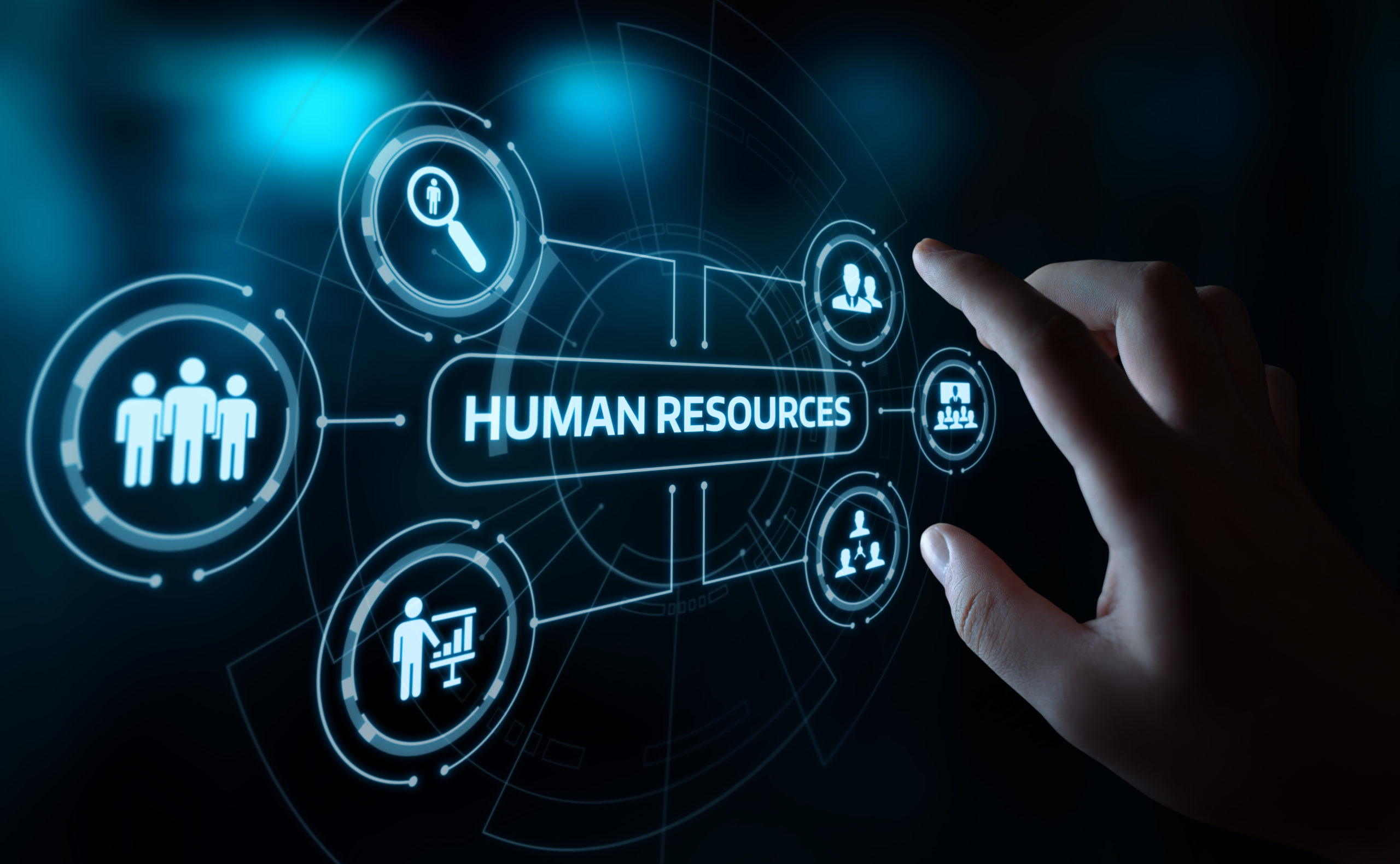
How Technology is Transforming Human Resources
The human resources (HR) function has undergone significant changes over the years, and technology has played a crucial role in this transformation. From automating mundane tasks to enhancing employee experiences, technology has revolutionized the way HR professionals work. In this article, we’ll explore the ways in which technology is transforming human resources, and what this means for organizations and employees alike.
Streamlining Recruitment
One of the most significant areas of transformation has been in the recruitment process. Gone are the days of manual job postings, paper resumes, and endless hours of screening. Today, HR professionals can use applicant tracking systems (ATS) to manage job postings, screen resumes, and schedule interviews. This not only saves time but also reduces the likelihood of human error.
Social media has also become a key player in the recruitment process. Many companies use social media platforms like LinkedIn, Twitter, and Facebook to post job openings, engage with potential candidates, and build their employer brand. This has opened up new avenues for hiring, allowing companies to reach a wider pool of talent and tap into passive candidates.
Automating Admin Tasks
HR professionals often spend a significant amount of time on administrative tasks such as data entry, paperwork, and record-keeping. Technology has enabled the automation of these tasks, freeing up HR professionals to focus on more strategic and value-added activities.
HR software and systems have made it possible to automate tasks such as employee onboarding, benefits administration, and performance management. This not only reduces the administrative burden but also improves accuracy and compliance.
Enhancing Employee Engagement
Technology has also enabled HR professionals to improve employee engagement and experiences. Employee self-service portals, for instance, allow employees to access their personal information, request time off, and update their benefits online. This not only saves HR professionals time but also empowers employees to take control of their own data.
Internal communication tools like intranet software, collaboration platforms, and mobile apps have also become popular. These tools enable organizations to communicate more effectively with their employees, share company news and updates, and encourage collaboration and feedback.
Performance Management and Analytics
Performance management has also undergone a significant transformation, thanks to technology. Traditional performance management systems relied on annual reviews and paper-based evaluations. Today, HR professionals can use digital performance management tools to track employee performance in real-time, provide continuous feedback, and identify areas for improvement.
Analytics and data have also become critical components of HR. HR professionals can use data and analytics to identify trends, predict employee turnover, and develop targeted retention strategies. This enables organizations to make more informed decisions about their workforce and optimize their HR strategies.
Virtual Learning and Development
The way we learn and develop has also changed dramatically. With the rise of online learning platforms, MOOCs (Massive Open Online Courses), and virtual classrooms, employees can now access learning materials from anywhere, at any time.
HR professionals can use learning management systems (LMS) to create customized learning paths, track employee progress, and identify skill gaps. This enables organizations to upskill and reskill their workforce, improving productivity and competitiveness.
Artificial Intelligence and Chatbots
Artificial intelligence (AI) and chatbots are the latest technologies to transform HR. AI-powered chatbots can help with tasks such as answering employee queries, providing support, and guiding employees through HR processes.
Chatbots can also help with recruitment, providing candidates with information about job openings, company culture, and benefits. This not only improves the candidate experience but also reduces the time spent on manual tasks.
The Future of HR
As technology continues to evolve, we can expect to see even more innovative solutions in the HR space. Artificial intelligence, blockchain, and augmented reality are just a few of the technologies that are likely to shape the future of HR.
HR professionals will need to develop new skills to stay ahead of the curve, including data analysis, digital literacy, and creative problem-solving. As HR becomes more strategic and focused on driving business outcomes, the role of HR professionals will become even more critical.
Conclusion
Technology has transformed the way HR professionals work, and the impact is being felt across organizations. From streamlining recruitment to enhancing employee experiences, technology has enabled HR to become more efficient, effective, and strategic.
As technology continues to evolve, HR professionals must stay adaptable, flexible, and open to new ideas and innovations. By embracing technology, HR can drive business outcomes, improve employee experiences, and create a more agile and competitive organization.
Recommendations for HR Professionals
- Stay up-to-date with the latest HR technologies and trends
- Develop new skills, including data analysis, digital literacy, and creative problem-solving
- Focus on strategic and value-added activities, and automate administrative tasks
- Leverage technology to enhance employee experiences and improve engagement
- Use data and analytics to inform HR decisions and drive business outcomes
- Embrace AI, blockchain, and other emerging technologies to stay ahead of the curve
By following these recommendations, HR professionals can position themselves as strategic partners to the business, driving growth, innovation, and success.




